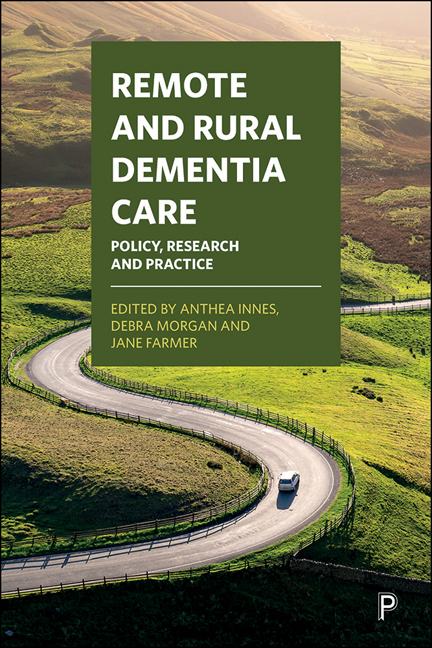11 - Considerations in Dementia Care for Indigenous Populations in Canada
Published online by Cambridge University Press: 10 March 2021
Summary
Introduction
It is well known that population aging is occurring at a global scale. This trend is expected to continue in coming decades, but not all demographic cohorts are affected in the same way. Over the past two decades, age-related dementias have surfaced as a growing health concern in Indigenous populations globally (Henderson, 2002, 2009; Smith et al, 2008; Jacklin et al, 2013a, 2015a; Radford et al, 2015), yet data on incidence and prevalence remain limited (Warren et al, 2015). Recent research suggests the increase of dementia in Indigenous communities may be attributable to a combination of complex causes, such as changing perceptions of the illness, demographic transitions, impacts resulting from the social determinants of health, exposure to risk, increased vulnerability, and co-morbidities (Jacklin et al, 2013a).
The emergence of dementia as a health disparity in Indigenous populations is set among a backdrop of health inequities experienced by Indigenous populations worldwide (Gracey and King, 2009; Sequist, 2017). Increasingly in recent years, scholars are acknowledging the need to explicitly address the underlying structures within health systems and policies that perpetuate health inequities for Indigenous and ethnic minority populations by incorporating frameworks such as structural violence, social justice, and health equity into research strategies (Farmer et al, 2006; Dilworth-Anderson et al, 2012; Bailey et al, 2017; Stanley et al, 2017). Along with this, there is growing acknowledgement that a careful consideration of Indigenous culture and context is necessary to develop appropriate frameworks for the delivery of equitable healthcare strategies (Browne et al, 2017; Jacklin et al, 2017b; Crowshoe et al, 2019).
This chapter provides an overview of what is known about the experience of dementia in Indigenous populations in North America and examines this knowledge using a cultural safety and health equity lens for rural and remote Indigenous communities in Canada. We construct a health equity argument by first establishing the dementia disparity in Indigenous peoples within the context of complex social determinants of health unique to this population. We then provide a brief overview of how both cultural and systemic forces affect the dementia experience and access to care. Cultural safety is used as a framework to understand how to respond and how to create more equitable dementia outcomes.
- Type
- Chapter
- Information
- Remote and Rural Dementia CarePolicy, Research and Practice, pp. 241 - 264Publisher: Bristol University PressPrint publication year: 2020



